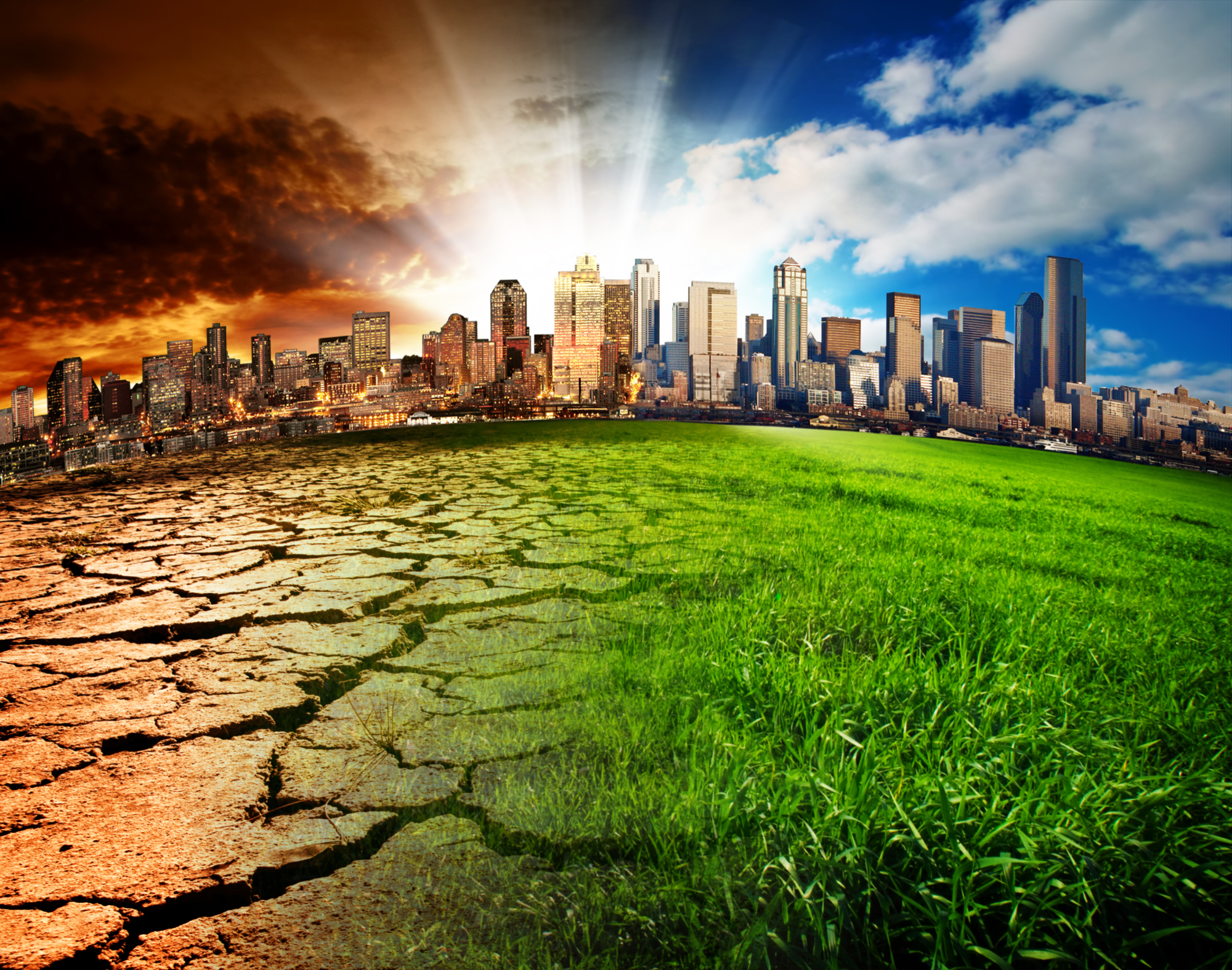Japan was hit by a spell of unseasonably hot weather in late May. Weather is normally mild in May and that is why many schools hold annual sports events then. However, due to an unusual heat wave this year, hundreds of people across the country suffered heat strokes and there were several fatalities. In northern India, temperatures reached 50 Celsius in early June, causing fears of a severe drought. While it may not be scientific to attribute extreme weather entirely to climate change, it is undoubtedly a pressing challenge that must be addressed.
Countries around the world joined the efforts to combat climate change in the 2015 Paris Agreement. This is a remarkable first step, but it does not mean that the problem has been sufficiently addressed. Each country is free to decide how vigorously it will fight global warming. Even if all countries meet their current targets, we will still fall far short of the agreement's goal to keep the rise in global temperature within 2 degrees from pre-industrial levels.
Why do countries fail to set more ambitious targets? Is it due to the economic interests of greedy adults — as suggested by young protesters calling for more aggressive actions? If "green growth" is brought about by aggressive actions through ambitious targets, there will no doubt emerge new forces that count on new interests to be generated by such growth, and governments will be more willing to set higher targets. If that was the case, the international climate negotiations would not have been so confrontational. However, such rosy picture is not in line with reality.



















With your current subscription plan you can comment on stories. However, before writing your first comment, please create a display name in the Profile section of your subscriber account page.